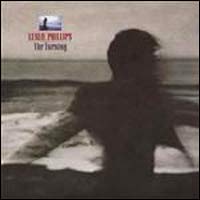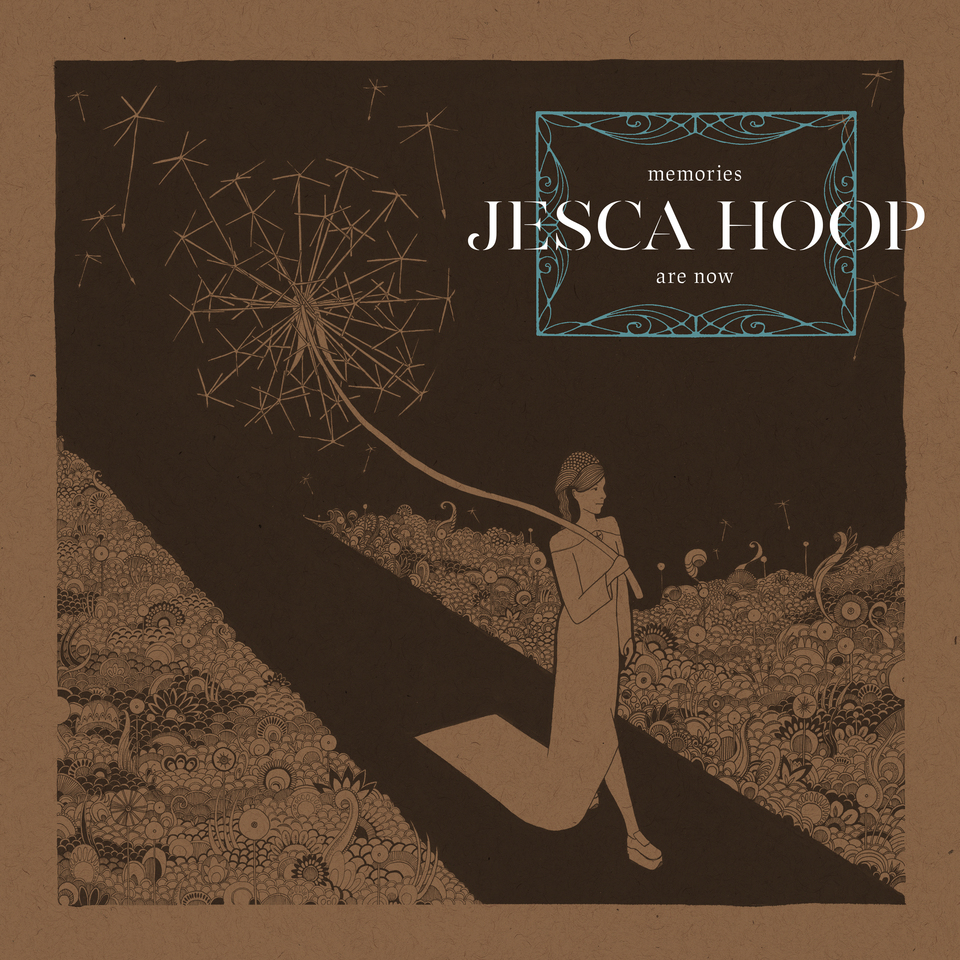Perhaps you’ve been around long enough to remember when, in the late ’80s, Leslie Phillips released an album called The Turning.
 It was a life-changing experience for me, hearing her bravely sing about how she couldn’t reconcile her faith-born questions with the judgmental certainties of Christian fundamentalism. The Turning was the prelude to her transformation: She changed her name to Sam Phillips, and set about recording the most beautiful and inspiring music of her career.
It was a life-changing experience for me, hearing her bravely sing about how she couldn’t reconcile her faith-born questions with the judgmental certainties of Christian fundamentalism. The Turning was the prelude to her transformation: She changed her name to Sam Phillips, and set about recording the most beautiful and inspiring music of her career.
For me, she was the first example of someone refusing the comforts of the “Christian music industry” in order to find greater freedom of expression — specifically, the freedom to sing about doubt.
Since then, I’ve heard many who seem inspired by her example, including some who determined to avoid “CCM” to begin with, to avoid “playing to the crowd” or “preaching to the choir.” Faith-driven art is, by nature, risky and unsafe. It can lead an artist away from the familiar parlance of the “faithful.” It can result in work quite contrary to what people want to hear. It can teach the artist to speak in new and challenging vocabularies. It can result in art that sounds like foreign languages to those who would rather avoid culture than engage it.
The stereos of the 2000s rang out with the sound of singer David Bazan’s public departures. He left his popular band Pedro the Lion, a favorite of Christians who tuned in to indie rock. But Bazan also made it clear that he was done with the pressures, the hypocrisies, and the compromises he had experienced in evangelical fundamentalism. And he went on to record the most exciting, unnerving, and soul-searching work of his career on album called Curse Your Branches.
Then, in 2015, we heard Torres (Mackenzie Scott) singing about her own confusion about her childhood church experiences. Sprinter was a portrait of a woman seeking a vocabulary of faith that would not require her to carry a spirit of condemnation or self-righteousness, and it was fantastic.
This year?
It’s Jesca Hoop.
Hoop got my attention last year when she collaborated with Iron & Wine’s Sam Beam on a lovely record of duets called Love Letter for Fire. On her new solo record called Memories Are Now, she’s singing her heart out about the disillusionment she feels about her own religious-fundamentalist upbringing.
For Phillips, Bazan, and Scott, it was evangelical Christianity. For Hoop, it was Mormonism. But in every case, frustrations with religious legalism, rejection of a community’s preoccupation with judgment, and an earnest desire for grace and freedom inspires these artists to their best — and most beautiful — creative work.
Memories Are Now is a stirring, brave, and soulful lament over the letdowns of a religious past, but also a refusal to give up hope in the power of love and the promise of mercy. She sings,
I refuse to think that my best friend’s going to Hell anymore
And condescend to offer her a key to her salvation
Like it’s something I have and can afford.
…
But that is not the meaning or intention of the teaching
Or the truth from which the message came
And I can’t turn a blind eye to centuries of conflict
And wrongdoing in his name.
That doesn’t sound like apostasy to me. It sounds like an awakening of conscience.
Even better, the music is richly layered, wildly inventive, and full of surprises.
Don’t miss this record — one of the first albums of 2017 to make me sit up straight, listen closely, and play it through repeatedly.
Listen to the whole thing here, for a limited time:
[This post is possible thanks to the support of the Looking Closer Specialists. If you appreciate what you read at Looking Closer, consider making a contribution toward covering the costs of keeping it alive. Small contributions make reviews like this possible. Large contributions enable me to make significant improvements in the quality and frequency of the posts.]
